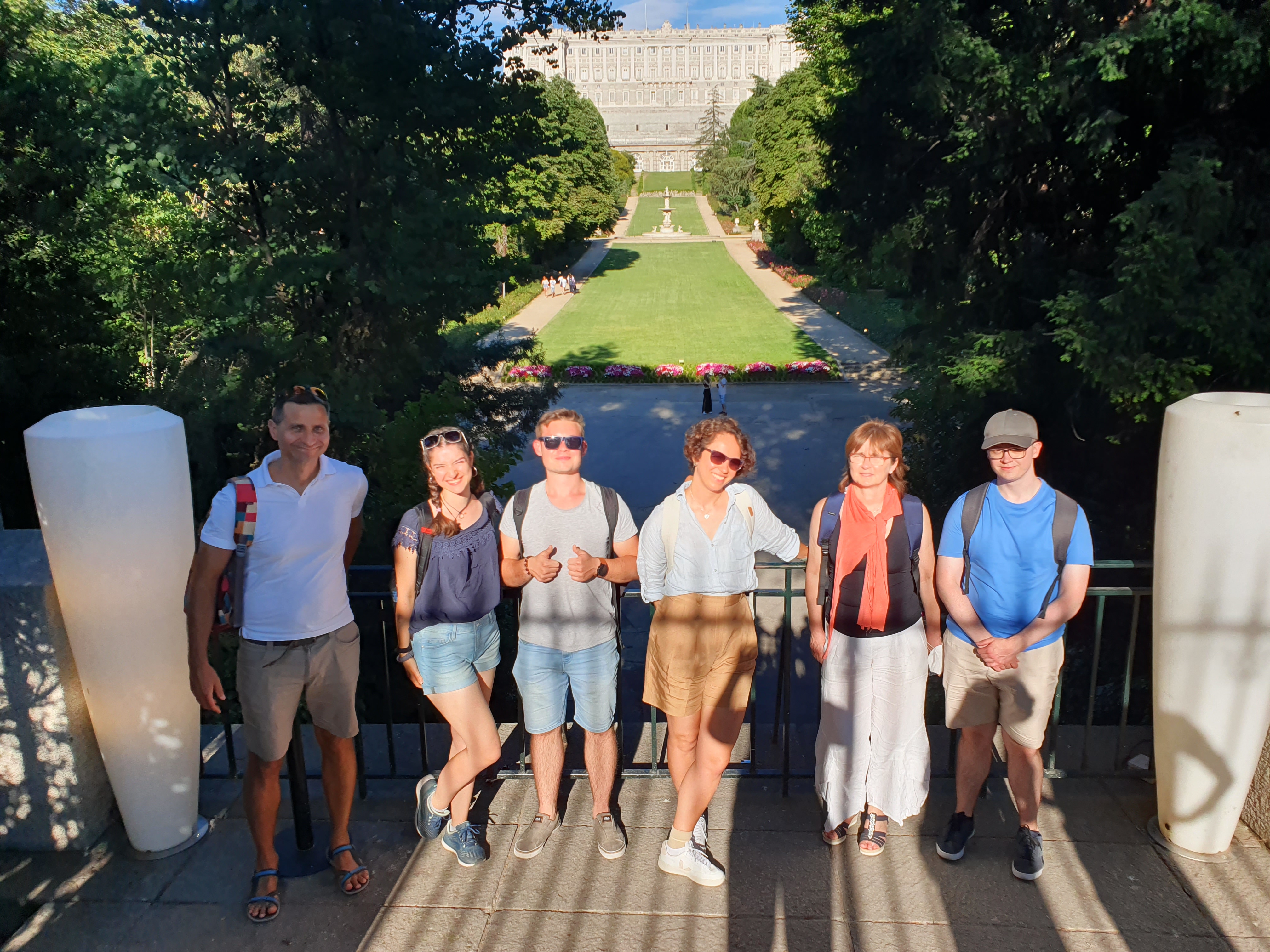An international consortium involving HUN-REN CERS and the Hungarian National Blood Transfusion Service (OVSZ) has successfully applied in the EU4Health Programme for a grant that will support the establishment and improvement of national and international kidney exchange programmes in Europe. The new project, named EURO-KEP, will leverage and further customise the IT platform KEPSOFT that has been developed by researchers from HUN-REN CERS, Óbuda University, Glasgow University and INESC TEC Porto as part of the ENCKEP COST Action (2016-2021) and KEPSOFT COST Innovators Grant (2021-2022). The Hungarian kidney exchange programme is expected to start in 2024.
The kidney exchange programmes (KEPs) provide opportunity for those patients who need a kidney, but their potential living donors are immunologically incompatible with them. These recipient-donor pairs can register in a national KEP, and the coordinating agency will look for optimal exchanges usually involving two or three pairs in a cycle, where every recipient can receive a compatible donor as the result of simultaneously performed transplantations. Some countries also allow altruistic donations, where a good Samaritan donates the first kidney, and this act triggers a chain of donations involving many patient-donor pairs with non-simultaneous transplantations (see an illustration in the picture below).

Most European countries operate national KEPs. The Dutch programme was the first, established in 2004, and the UK programme is the largest with over 200 successful transplants annually. Some countries have decided to join their pools, Scandiatransplant organises international kidney exchanges for its member countries, which have been exchanging deceased organs for 50 years. Additionally, there are collaborations between the Czech Republic, Austria, and Israel, as well as between Spain, Portugal, and Italy. The current European practices are surveyed in a Handbook and scientific article, and the optimisation policies have also been studied in another paper by a Working Group of the ENCKEP COST Action led by Péter Biró from HUN-REN CERS.
As part of ENCKEP COST Action, a simulator software has been developed for conducting policy analyses on national and international KEPs based on the European practices and collaboration methods. In the follow-up KEPSOFT COST Innovators Grant this simulator software was transformed into a new web-based software platform that can provide full IT support for the KEPs by creating an interface, where the coordinators can upload and share KEP pools, conduct the virtual crossmatch tests based on the immunological data, and find optimal solutions with respect to the criteria selected. The development of these software solutions was partly conducted by researchers at the HUN-REN CERS KTI Mechanism Design Momentum research group led by Péter Biró, and by students supervised also by professor Rita Fleiner from Óbuda University.

In 2022, Hungarian researchers assisted in the installation of the KEPSOFT software in Madrid to support the Spanish kidney exchange program (Forrás: HUN-REN CERS)
An early version of the KEPSOFT software was already installed in the summer of 2022 in Madrid to support the Spanish KEP (the attached picture shows the participants of that trip), and the OVSZ is also planning to launch their national KEP in 2024 by using KEPSOFT in, with support from the new EU4Health grant.
Source: HUN-REN news


